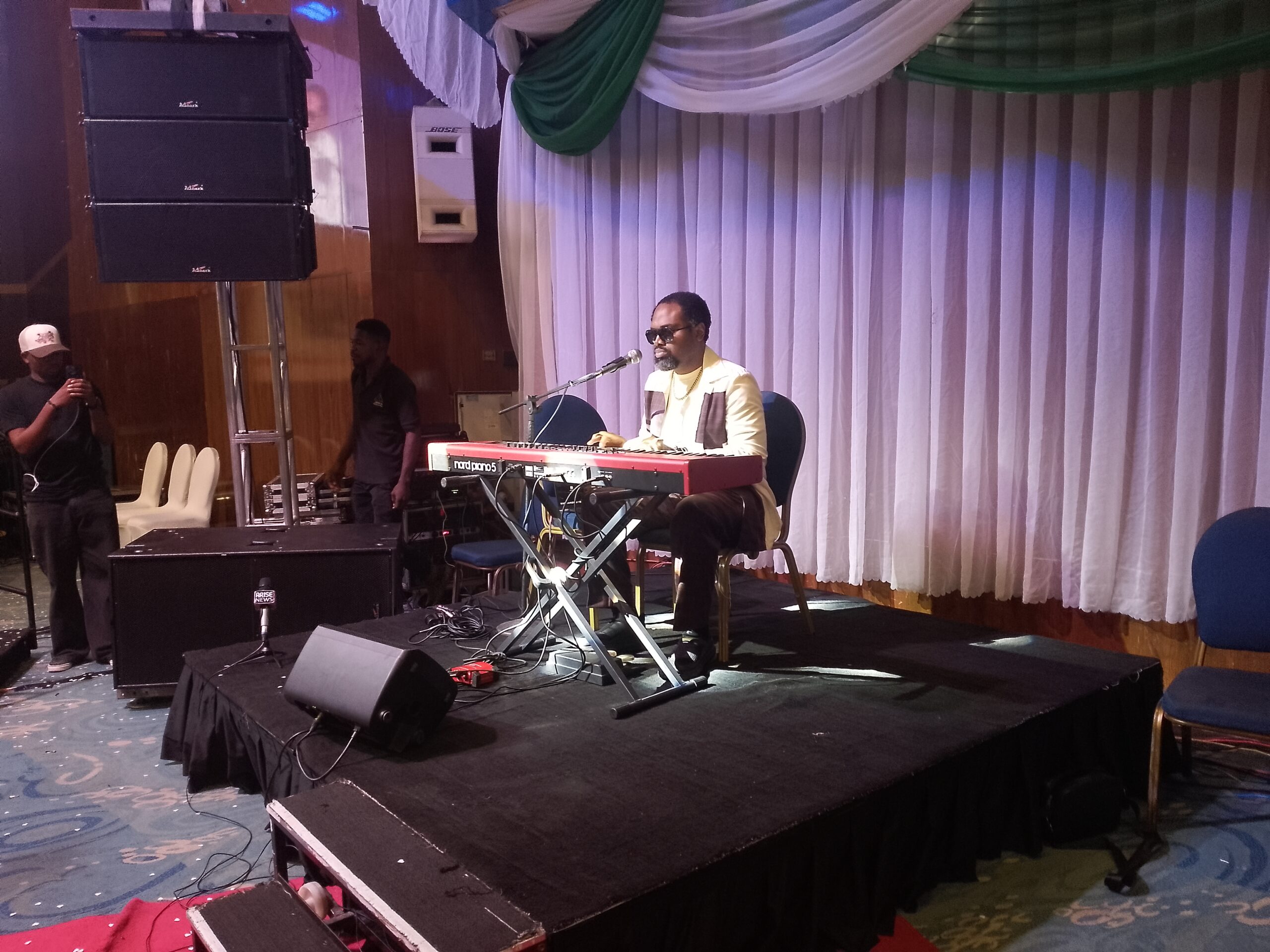International American Court Sentences President-Elect Donald Trump Without Fine

The United States Supreme Court has sentenced President-elect Donald Trump over hush-money payments made to an adult film actress. However, he will avoid penalties for his conviction.
On January 10, Judge Juan Merchan sentenced Trump to an “unconditional discharge,” rejecting a request by Trump’s legal team to delay sentencing until after the Republican leader’s inauguration on January 20.
The ruling ensures Trump’s conviction will appear on his permanent record, but he faces no imprisonment, fines, or probation, leaving him free to assume the presidency.
Trump, who previously served as president from 2017 to 2021, was found guilty in late May on 34 counts of falsifying business records tied to hush-money payments made to Stormy Daniels.
The president-elect has consistently denied any wrongdoing and announced plans to appeal his conviction.
Appearing virtually at the sentencing hearing, Trump described the legal process as “a very terrible experience” and reiterated his innocence.
“It’s been a political witch-hunt,” he stated. “It was done to damage my reputation so I would lose the election, and obviously, that didn’t work.”
Prosecutors argued the payments were meant to suppress allegations of a sexual relationship with Daniels that could have harmed Trump’s political campaign ahead of the 2016 presidential election, in which he defeated Democrat Hillary Clinton. Trump has denied any sexual relationship with Daniels and pleaded not guilty to all charges.
The judge concluded that the unique circumstances of the case warranted an unconditional discharge, which under New York’s penal code means no conditions or penalties are imposed when the court deems no purpose would be served by further action.
Prosecutors stressed the importance of holding Trump accountable, stating, “It was vital that Donald Trump was held responsible.”
READ ALSO:Employ sense of fairness, equity in distribution of public posts – Senator Allwell Onyesoh to National Assembly Service Commission
Employ sense of fairness, equity in distribution of public posts – Senator Allwell Onyesoh to National Assembly Service Commission
Earlier, Trump’s lawyers petitioned the Supreme Court to postpone sentencing, arguing that the trial violated presidential immunity and jeopardized the operations of the federal government. However, the court ruled that any evidentiary issues could be addressed during the appeal process.
“The alleged evidentiary violations at Trump’s state-court trial can be addressed in the ordinary course on appeal,” the justices stated, emphasizing that the sentencing burden was minimal due to its virtual format and the unconditional discharge ruling.
Trump’s legal team has vowed to appeal the conviction, a process expected to take years and potentially unfold during his four-year presidential term.
“Today’s event was a despicable charade,” Trump wrote on Truth Social after the sentencing. “We will appeal this hoax, which has no merit, and restore the trust of Americans in our once great system of justice.”





